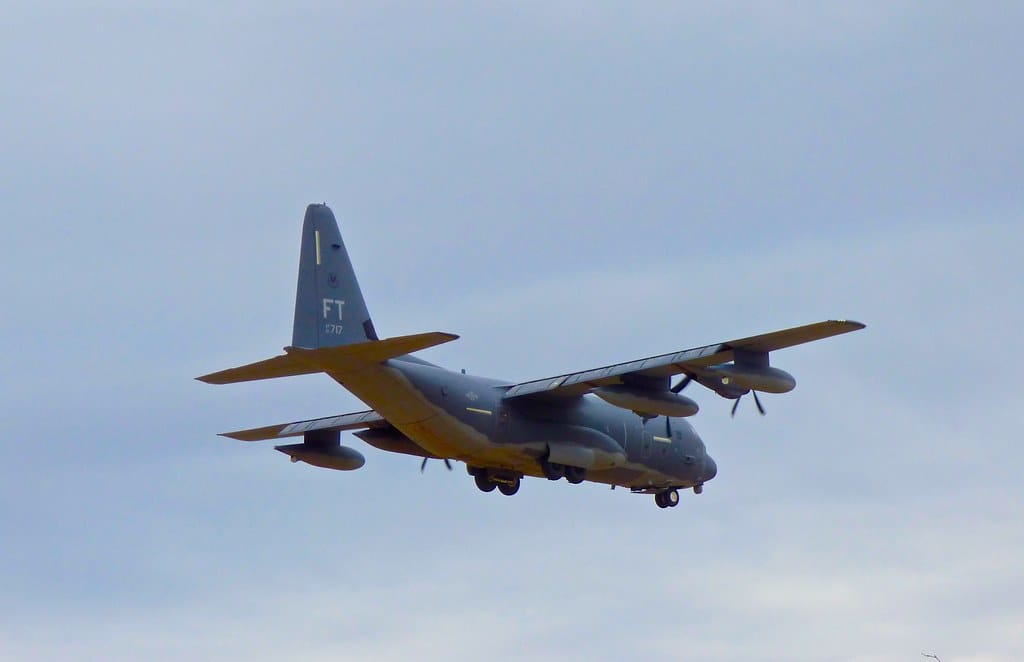Delta Boeing 767 Forces Emergency Landing After Engine Fire Sparks Mid-Air Crisis
A Delta Air Lines Boeing 767 was forced to make an emergency landing Tuesday evening after one of its engines caught fire just minutes after takeoff, sending passengers into panic and highlighting ongoing concerns about aircraft safety in commercial aviation.
The flight, bound for London from New York's John F. Kennedy International Airport, experienced what witnesses described as a "terrifying explosion" followed by flames visible from passenger windows. The crew immediately initiated emergency protocols, turning the aircraft around for an emergency landing at JFK approximately 20 minutes after departure.
Passengers Describe Harrowing Experience
Flight 112, carrying 184 passengers and 10 crew members, had just reached cruising altitude when the left engine began emitting sparks and flames. Passenger Sarah Martinez, seated near the wing, captured video footage showing orange flames trailing from the engine housing.
"There was this loud bang, and then I looked out the window and saw fire coming from the engine," Martinez told reporters. "People were screaming, flight attendants were running around, and honestly, I thought we were going to die."
The flight crew, led by Captain James Richardson with over 25 years of flying experience, quickly shut down the affected engine and declared a Mayday emergency with air traffic control. Passengers reported that oxygen masks deployed as a precautionary measure while the aircraft descended to a safer altitude.
Swift Emergency Response Saves Lives
Emergency responders were positioned on the runway before the aircraft's arrival, with fire trucks and ambulances standing by. The Boeing 767, operating on a single engine, touched down safely at 8:47 PM EST, approximately one hour after the initial engine failure.
"The crew handled this situation with exceptional professionalism," said Aviation Safety Expert Dr. Michael Stevens. "Single-engine landings are routine procedures that commercial pilots train for extensively, but executing one with an active fire adds significant complexity to the situation."
All passengers and crew members were evacuated using emergency slides within 90 seconds of landing. Three passengers were treated for minor injuries related to the evacuation process, while two others were hospitalized for anxiety-related symptoms.
Boeing 767 Safety Record Under Scrutiny
The incident adds to growing concerns about aging aircraft in commercial fleets. The specific aircraft involved, a 28-year-old Boeing 767-300ER, had undergone routine maintenance just three weeks prior to the incident. Delta confirmed that all required inspections had been completed and the aircraft was cleared for service.
Boeing 767s have generally maintained a strong safety record since entering service in 1982, with fewer than 20 hull-loss incidents over four decades of operation. However, this marks the third engine-related emergency involving a 767 in the past 18 months, according to Federal Aviation Administration data.
"While engine failures do occur in commercial aviation, they're extremely rare," explained former FAA Inspector Jennifer Walsh. "Modern aircraft are designed to safely operate on a single engine, and crews are extensively trained for these scenarios."
Investigation Underway
The National Transportation Safety Board (NTSB) has launched a full investigation into the incident, with investigators examining the engine components and maintenance records. Preliminary findings suggest a possible failure in the engine's turbine section, though officials stress that the investigation is in its early stages.
Delta Air Lines released a statement praising the flight crew's response and confirming that affected passengers would receive full refunds and accommodation for alternate travel arrangements. The airline also announced enhanced engine inspection protocols across its Boeing 767 fleet as a precautionary measure.
The incident forced temporary runway closures at JFK, causing delays for dozens of flights and affecting thousands of passengers during one of the airport's busiest evening periods.
Aviation Safety Remains Paramount
While Tuesday's emergency landing ended without fatalities, it serves as a stark reminder of the critical importance of pilot training, aircraft maintenance, and emergency preparedness in commercial aviation. The successful outcome demonstrates that existing safety protocols, when properly executed, can prevent potential disasters.
Industry experts emphasize that such incidents, while frightening for passengers, actually showcase the robust safety systems built into modern commercial aviation. The swift response by the flight crew, coordination with air traffic control, and readiness of emergency responders all contributed to averting what could have been a catastrophic situation.
As investigations continue, this incident will likely influence future maintenance protocols and safety procedures, ensuring that commercial aviation continues its impressive safety record in protecting millions of passengers worldwide.
